Two years ago…
Anthony Martinelli and I were both elected in 2019. We both defeated incumbents (which was almost unheard of over the past three decades) and shared many broad policy positions. But there was a real difference in philosophy. In one sentence: I was interested in the long game; he seemed focused on helping people now.
A good example of this distinction was the ARPA Stimulus discussion in September.
- My colleagues in the majority were following the City Manager’s recommendations. Simple.
- Anthony successfully advocated for straight dollar amount grants for businesses, eviction relief, etc. Simple.
- In contrast I’m objecting to the entire notion of spending $9,000,000 in three hours. And on every line item I’m complaining: Why are we using one time money for salaries? Show me some stats on actual need. When can we get money out the door? How do we insure equity? What’s the process? Basically, I’m the ‘Dad’ asking my colleagues to behave responsibly. Goes over great with teens. Goes over even better with electeds.
The main thing we seemed to have in common was being mistreated as Councilmembers from day one. He and I disagreed on how to manage that reality. Ironically, he accepted that as ‘part of the game’ and from my point of view bent over backwards to be non-confrontational. If you look at his *social media it is unfailingly optimistic about all City actions except in two cases where he agreed to co-sign a letter I wrote. He went so far as to avoid submitting performance reviews of the City Manager. Drove me nuts. 😀
He also served on the Public Safety Committee. When he chose to, he had no difficulty objecting to language he felt needed improvement and providing specific and useful edits. It was notable because that’s exactly what CMs are supposed to do and frankly I wish it happened more often.
My points being:
- Much of the animus directed against him began long ago. People hold grudges here and it is a shame that there is no price to be paid for doing so. But none of it had anything to do with this scandal or the way he conducted his official duties.
- He felt his approach was the pragmatic way to help people now.
The incentives to get something done now are incredibly strong; on all ends of the ideological spectrum. That is why almost everyone goes to such extraordinary lengths to avoid difficult discussions, even under the most challenging circumstances.
We’ve all heard the expression, “You can’t fight city hall”. It would be truer to say we choose not to. Some essential change requires at least minimal confrontation and a willingness to defer gratification. There is no other way.
And if that sounds like some hippie agitator crap, I will tell you that, no, that is just another common sense Dad Lecture:
- Sometimes you have to complain. Repeatedly. It’s not you. It’s them.
- You should balance your checkbook and review your spending. You can save a lot of money that way.
- And sometimes you have to put off that spending in order to save for something much better down the road.
But very few people, both the public and electeds, find any of that a particularly entertaining prospect when it comes to government. In our private lives, sooner or later we pay a very high price for not listening to Dear Ol’ Dad. But when it comes to government, both the public and electeds have every incentive to pretend that these rules do not apply.
An uncomfortable reality is that Councilmember Martinelli lost his seat for an issue in his private life. We all agree that the accusations are beneath contempt. But by the same token, the entire City Council can make absolutely monumental screw-ups with your money and suffer absolutely no consequences. Hell, we may even get a plaque on a building. And you may not even know the truth until after we retire down to Boca.
That is the ceiling of what is possible; not ‘city hall’.
Martinelli navigated that ceiling as best he could because his goal was to help people now. I disagreed with that approach. In contrast, I was and will continue to try to punch through it.
I went through all this to tell you one simple truth: if you too have ever complained “you can’t fight city hall”? That’s the reason. It has nothing to do with ideology or character or age or anything other than the fact that the system incentivises all of us electeds to behave like that and then tell the public it’s the best we have to offer.
Four months ago…
Within minutes of Councilmember Martinelli’s arrest in October, then Mayor Pina issued a press release claiming to speak for the entire Council. That was not true. But if he had asked my advice, I would have reminded him of 2015. At that time, the Council, of which he was a member, handled a comparable situation with restraint. The public responded immediately with an outpouring of letters of outrage. Shortly thereafter the Councilmember understood that it was best to resign. Her legal woes dragged on for over a year, but the political scandal lasted about a week.
In contrast, the 2021 City Council made every possible effort to inflame public sentiment. Then Deputy Mayor Mahoney went so far as to encourage the public to download a police report containing highly personal information about the alleged victim which I felt put her and her children at risk.
The Waterland Blog also went to town, publishing not only the press release, but gratuitously placing the police report on their web site in multiple locations. I called the publisher to complain and he took them down, but by then the ‘reach’ was in the thousands according to the almighty Google.
After the November election, the Council discussed a censure, which seemed entirely reasonable to me. I spoke with one colleague and said that I would only vote for a censure if the police report were removed, and discussion limited. Consider the children and remain calm. Going so over the top is bad on many levels.
But when the Agenda packet was published, the entire report, all 123 pages, were included! The language of the resolution addressed none of my concerns and in fact upped the ante saying that the notice be placed prominently in front of City Hall (with a link to that police report) and forwarded to basically every elected in South King County.
Regardless of motive, we subjected his current partner and three children to unnecessary public exposure. It was cruel, bad press for the City, and if the majority goal was not merely ‘censure’ but to hasten Councilmember Martinelli’s departure? It was also poor strategy. I voted No.
Last week…
Thursday Jan 13
About an hour before a City Council Meeting I got a phone message from Sydney Brownstone of the Seattle Times, asking for comment on an upcoming story she was doing but with no specifics. I returned her call, got her voice mail and did not hear back.
Sunday Jan 16
On Sunday the Seattle Times ran her story with new allegations from two former partners, including the mother of two of his three children, Cydney Moore. The article was 2,500 words, three times the length of a typical small town piece and left no detail to the imagination. I’d go so far as to call it ‘advocacy journalism’ and not straight news.
Mayor Mahoney wasted no time in responding with a short statement in the Waterland Blog.
TUESDAY Jan 18
Based largely on that Seattle Times piece, the 33rd Democrats announced they were calling for Councilmember Martinelli’s resignation.
WEDNESDAY Jan 19
At that point I decided to call Mayor Mahoney. I told him I appreciated both the measured tone of his statement and especially the fact that he was clear to say that he was speaking on his own behalf and not for the entire Council. I told him I considered that a marked improvement over the events of October.
And then I reminded him of how the Council had handled the comparable situation in 2015 and urged him nicely, but firmly that leaving it there was in everyone’s best interest.
THURSDAY Jan 20
I watched Councilmember Martinelli’s pre-trial hearing. Now: if one were to watch that video as an outsider; truly dispassionately, the Judge is upbeat. There is no scolding and the tone is 100% optimistic. Someone watching with no other references would certainly register a note of hope for the future. The Judge’s job was not to punish. Her job was to execute the law and encourage the guy to successfully carry out the terms of the agreement. I thought she handled it well.
Within minutes he posted on Facebook that he would not be resigning.
The City also had a press release ready to go. It was factually accurate, but again, not exactly flat.
Councilmember Martinelli wrote me a short note that afternoon commenting on that press release.
I wrote back something longer. I told him that the press release was spun in an extremely negative manner. But I also I told him that he should have come to expect that after the past two years and he should expect even more over the next two years if he stayed.
I told him I felt I had been more than fair in my handling of his situation. A lot of the public would not understand that I had merely acted in a principled manner.
I told him that he should expect the video of his court appearance to be as widely viewed as that police report.
The Court video has been removed from Youtube and I’ve read some notes on social media suggesting that there is something fishy in this. Probably not. The Court live streams videos and Youtube caches them for a while. But I’ve never seen any of our Court videos hang around for very long.
And finally, I made it clear that our working relationship had not been what it should have been from the beginning. If he intended to remain on the Council I expected that to change. The public did vote for change in 2019. It takes years of mutual cooperation to fix the long standing problems in both our politics and our government. More ‘Dad’, I suppose.
He sent me a one sentence reply, only asking a question about the video.
But almost immediately, I started seeing dozens of people linking to that court appearance and of course none of the comments were positive. Every person used that video as a platform to say, ‘resign’.
Another example of ‘sharing’. There were only two and then three people listed as viewers during his hearing and I was the only one who publicly identified themselves. I did not share the link. So one person shared that link and that turned into dozens and then hundreds within the space of an hour.
FRIDAY Jan 21
Councilmember Martinelli announced his resignation Friday night on Facebook. Resigning via social media is non-traditional, but it is also exactly what I would expect from the person I know.
Within minutes the Mayor responded that he was taking action to start the replacement process–which I assume means Rule 33 of our Rules Of Procedure.
I asked the Mayor, the City Attorney and Councilmember Martinelli to confirm his resignation via official email. The City Attorney wrote me that he considers that post sufficient. I wrote back that I’m not exactly wild about any official action being taken based on social media. A growing percentage of the public mistakenly assumes that posting something on Facebook is the same as contacting the City for services. It’s not.
Sunday January 23
Sydney Brownstone published a 1,000 word update describing Councilmember Martinelli’s resignation. If I appear to have something of a tone here, it’s only because it has gone beyond advocacy journalism into the realm of “if it bleeds it leads.” There are any number of stories the Seattle Times could do that would be of greater impact to Des Moines. The article is about Des Moines but it is targeted for a Seattle audience.
Three small details…
I applaud any woman for coming forward. But the family dynamics of three small children and two electeds were and remain complex. My understanding was that he and his current partner were the primary caregivers for all three–including the two eldest with Cydney Moore. One of my primary concerns from day one was to minimise their exposure to any of this.
An inconvenient truth…
I keep noting the difference in approach between 2015 and 2021 because, with all the media coverage, all that energy, there was nothing approaching the public outrage of 2015. There have been a handful of obvious partisan complaints and an on-line petition with less than 200 anonymous entries. But not to trivialise the issue, the Council has heard half a dozen issues over the past two years that generated more public comment.
You may say, “I don’t give a damn how many people wrote in. This is domestic violence!”
It’s also democracy. And sometimes the voters want things they cannot or will not say openly. I do not believe that anyone condones heinous conduct like domestic violence. But my guess is that many people were torn at being forced to choose between the change they hoped for in 2019 and even appearing to support domestic violence.
I am also aware that a large number of residents never got over our last appointment process in February 2020. At that time, the person I defeated was re-appointed to another vacant seat only three months later and by what I can safely say now was an unethical process. Many people considered that move deeply undemocratic and a slap in the face of the change they had just voted for. The possibility of a repeat held no appeal for a large part of Des Moines.
That is the practical effect of slowly eroding public trust. The public remembers. Every time the City Council acts in anything less than a completely ethical manner, it creates bad unintended consequences for the future.
To be specific: whatever benefits the majority may have felt they were obtaining by appointing Luisa Bangs in February 2020 only made the events of October 2021 more difficult. And that in turn will make the February 2022 appointment process more fraught.
In short, the relative silence from the public was, in itself, a message. My hope is that our City Council can hear that message above the din of scandal.
Now what?
Our Council has some trust building to do. The February 2022 appointment process is a key moment, either to improve or further erode that trust.
Already I see people speculating about ‘who’. But my primary concern, as usual, has more to do with that process. So long as the process is good, I trust the public to do the right thing. And the upcoming appointment process must be a model of fairness.




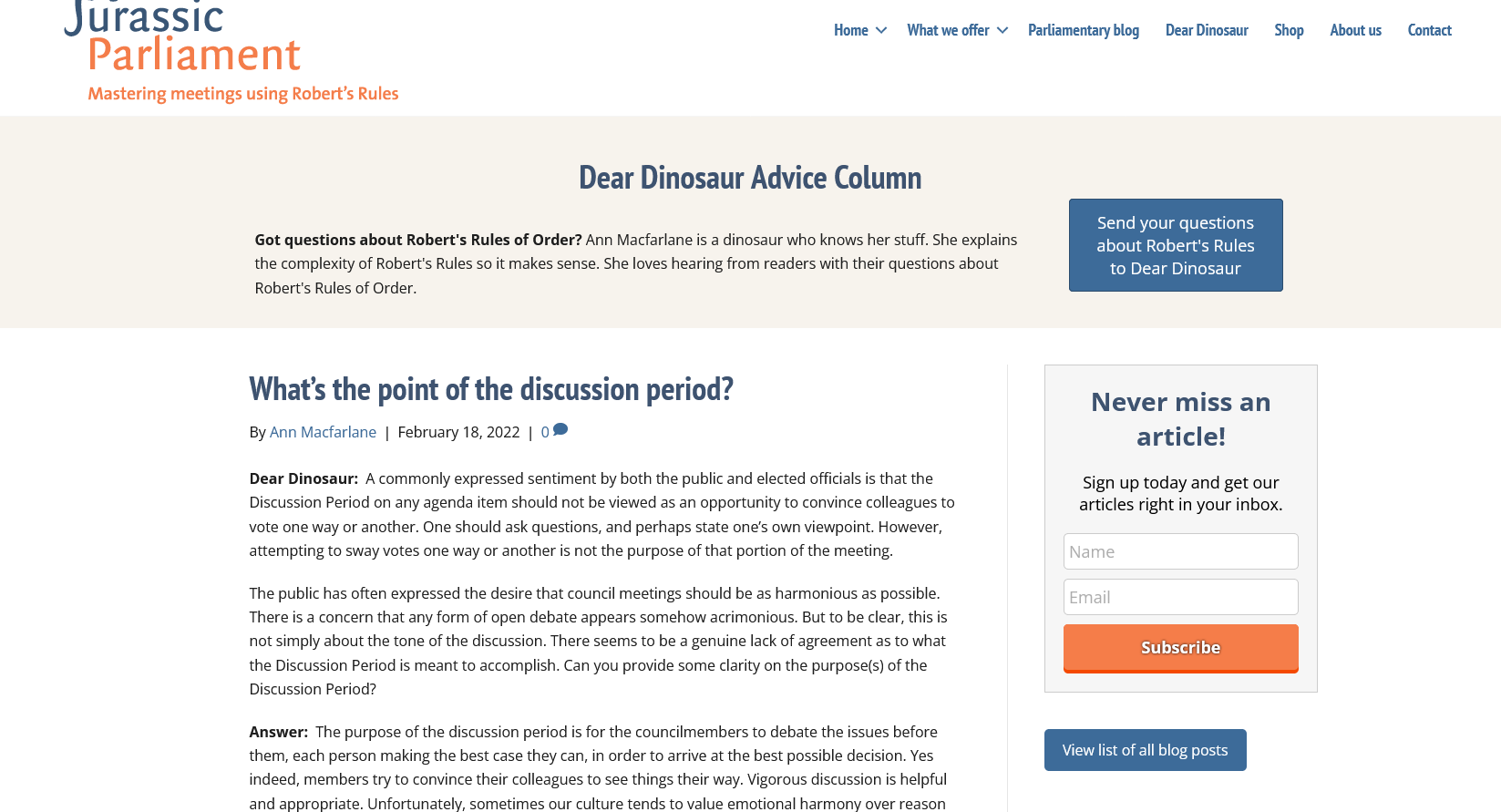

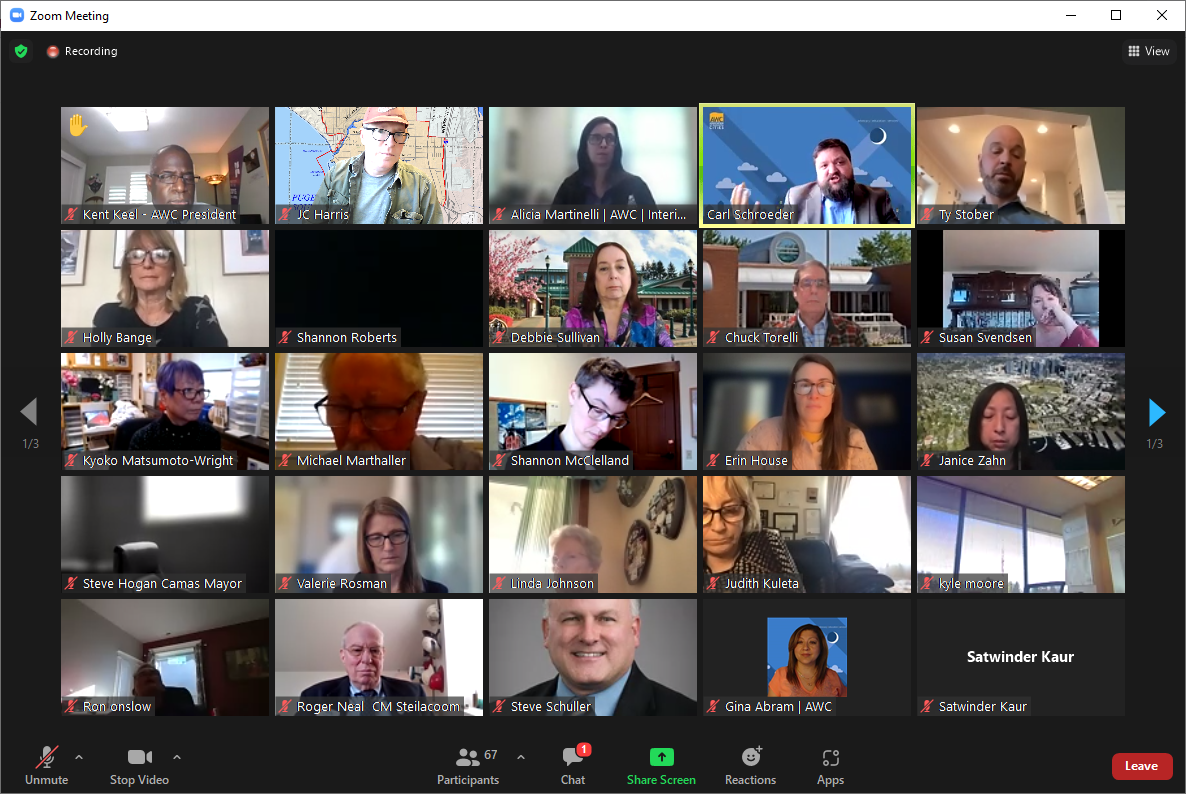
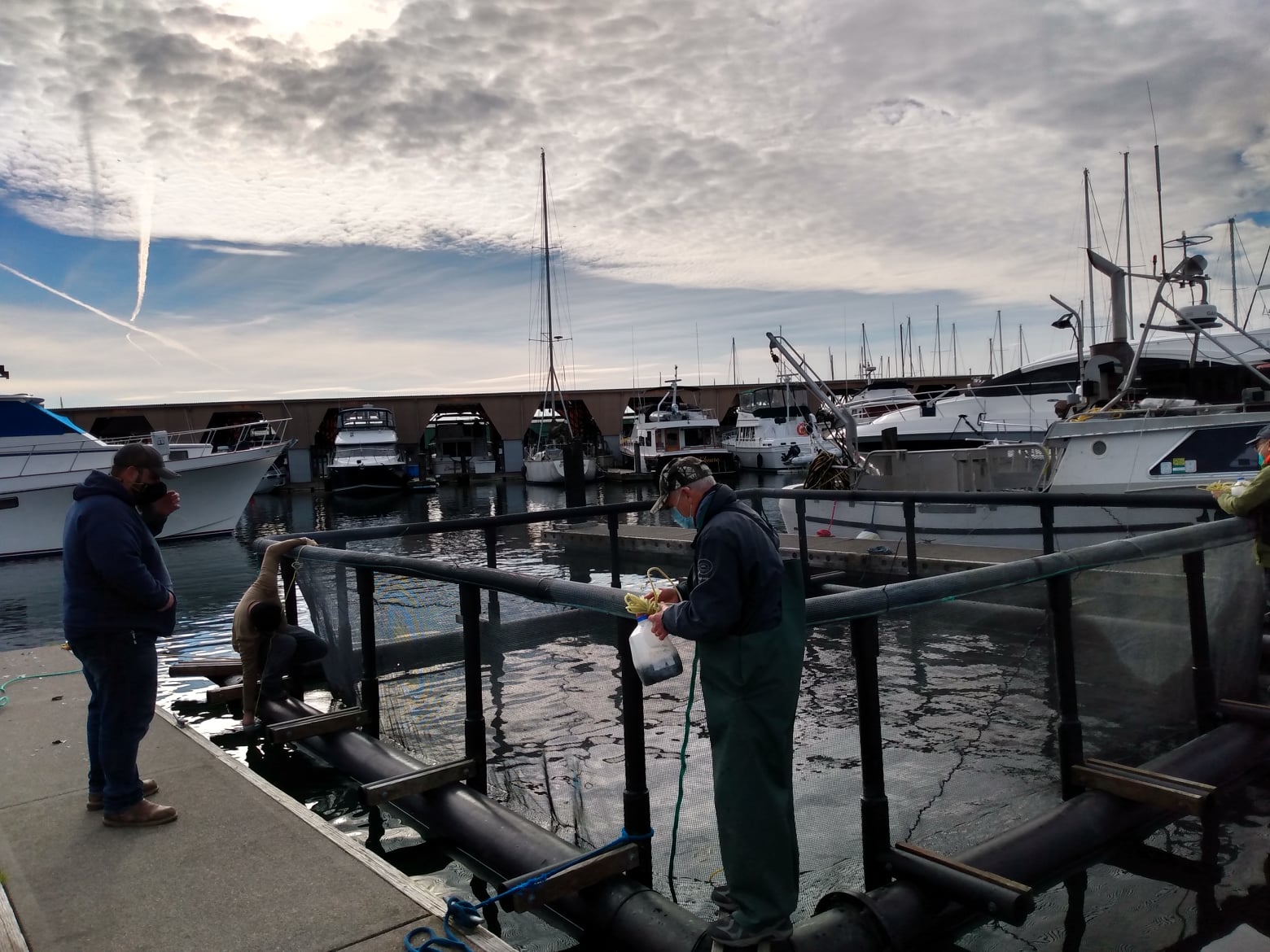
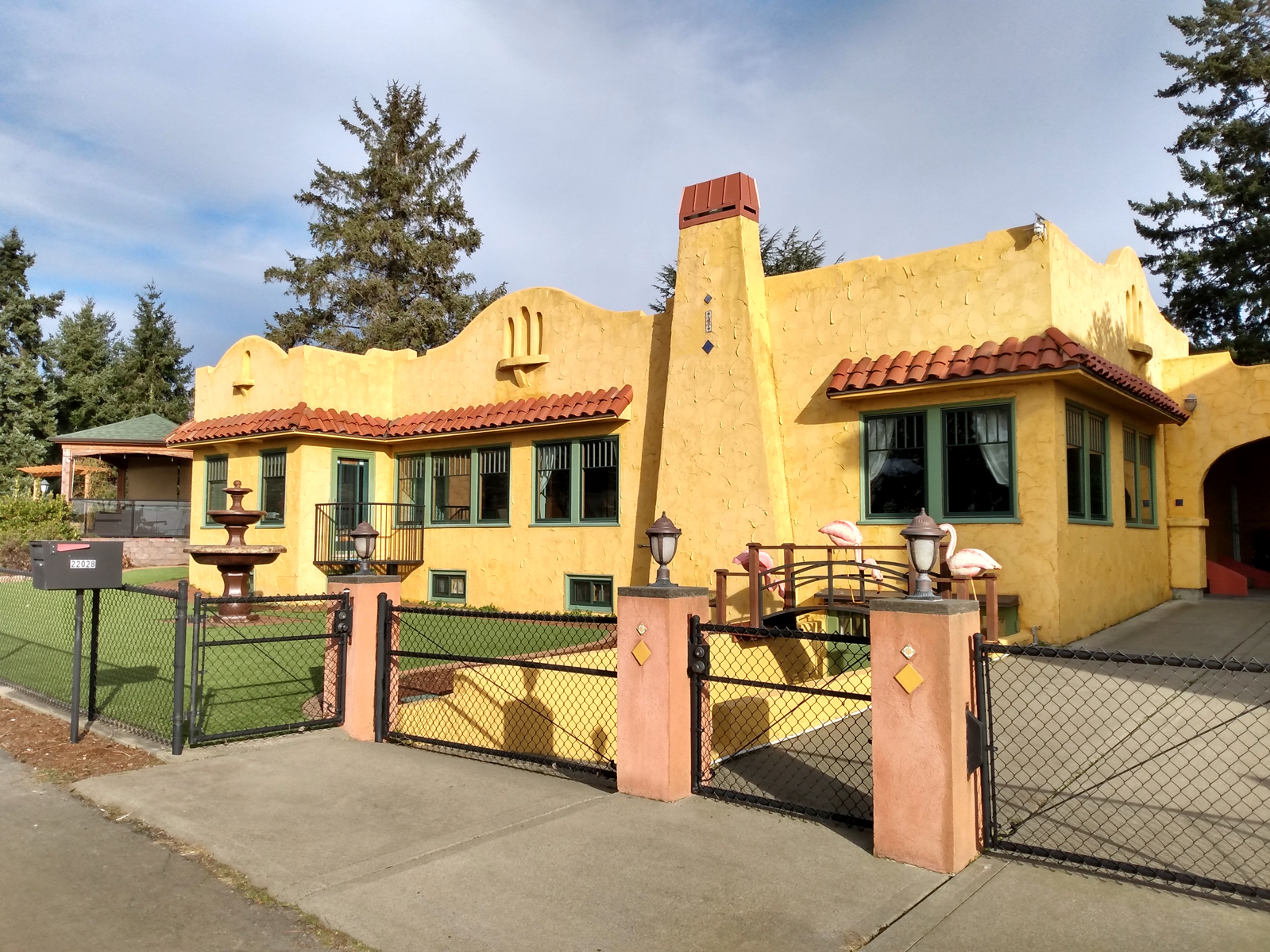
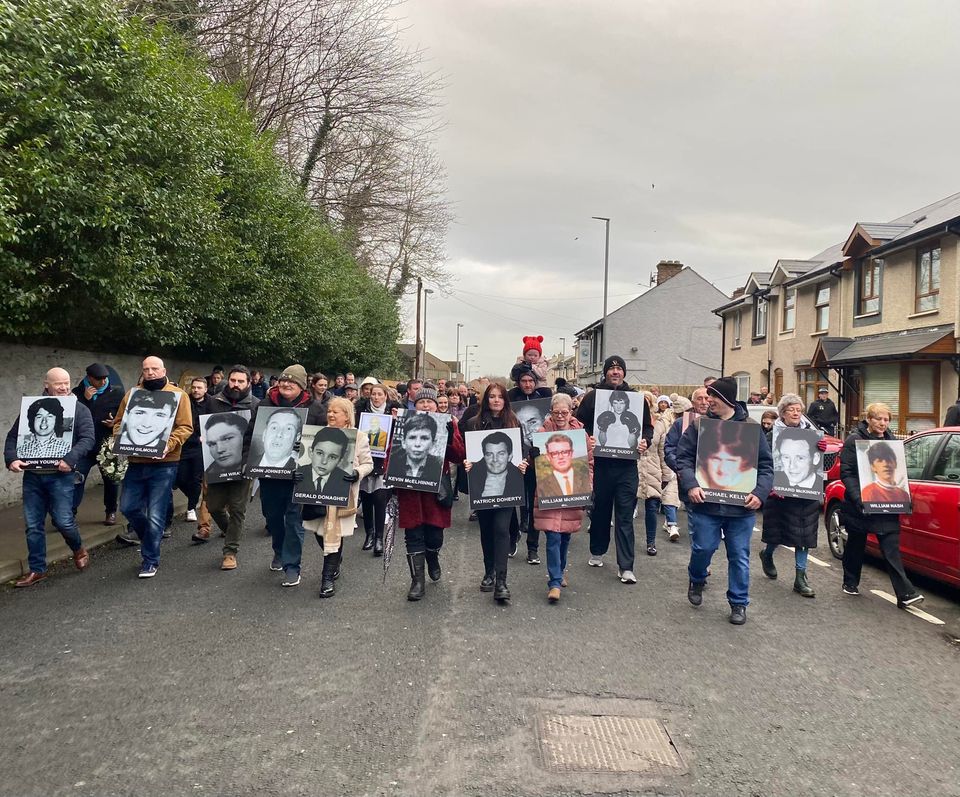 This is an article about Black History Month, but it will take a while to get there.
This is an article about Black History Month, but it will take a while to get there.